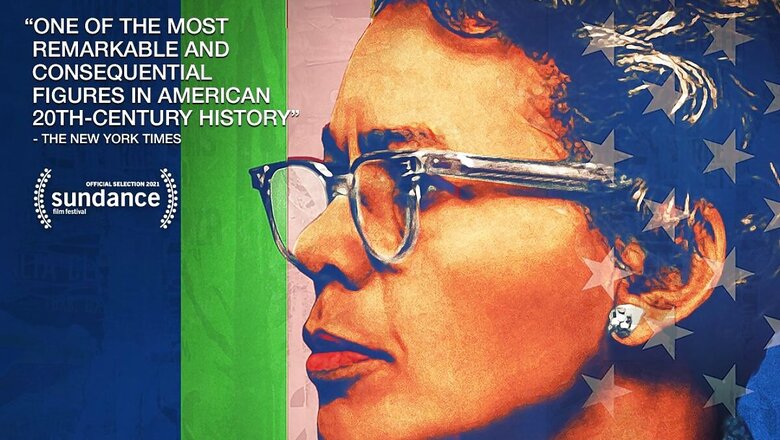
views
Civil Rights Activist, lawyer, poet and priest, Anna Pauline “Pauli” Murray lived many lives within one, breaking barriers with every step they took. There were also many firsts that they achieved. In 1940, 15 years before Rosa Parks sparked the Civil Rights movement by refusing to give up her seat for a white man in Alabama, Pauli Murray and their friend were arrested in Virginia for breaking segregation rules. They had refused to move from ‘whites only’ section of the bus. Throughout their life, they pushed the limits of what a Black woman or a gender non-conforming person can do by achieving extraordinary feats. Former First Lady Eleanor Roosevelt called Murray a fire-brand and formed a close friendship after Murray wrote a serious of critical letters to Franklin D. Roosevelt. Later in their life, they also made history as the first woman and African-American priest at a Episcopal Church. Their work has also extended beyond their death, to as recent as 2020 when their worked formed a Supreme Court ruling to end discrimination against the LGBTQ+ community.
However, as extraordinary as Murray was, they have been kept out of American history books for years, virtually unknown to people, as with many other players of Black history. Now, Emmy-winning documentary filmmakers Julie Cohen and Betsy West, who are known for helming RBG on late US Supreme Court Justice Ruth Bader Ginsburg, have made a film titled ‘My Name in Pauli Murray.’ This documentary aims to give the activist their long deserved due. The film uses archival material to help tell their story through their own words.
In a]chat with News18, the filmmaker duo opened up about their process of discovering Murray and documenting their extraordinary life. Addressing why the activist, whose work has shaped contemporary American society, has not been yet received their due, Cohen said. “There are a number of reasons why Pauli Murray has been left out of American history books. Certainly racism, sexism and fear of the ones who are gender non-conforming are prime among those. Another reason, as the film points out, is that Pauli was ahead of the times, that people weren’t yet ready to engage with the ideas that they were raising out onto the world. And sometimes, being very forward thinking can be a disadvantage to that thinker. Thank goodness, Pauli’s contributions were there to the society but the society was not ready. Hence it did not get the attention that was due. ”
West talked about why they chose to tell Murray’s story through their work. “When we learnt about Pauli’s story, we were very surprised that we did not know about it, and that really was the impetus for the film. It was irresistible. Here is the story of someone that had a major impact on our world and nobody knows it. Luckily, Pauli had saved a lot of material, a hundred and fourteen boxes of archives consisting of diaries and letters and photographs. There were audiotapes and a few videotapes as well that really allowed us to bring Pauli’s story to life in their own words.” They further added that had these materials not been saved by Murray, they would have not been able to make the film.
You may not know the name, but you live in Pauli's legacy. Don't miss the documentary My Name is Pauli Murray, arriving on @PrimeVideo October 1. pic.twitter.com/tqI46NgGz8— Amazon Studios (@AmazonStudios) August 30, 2021
The film also discussed Murray’s gender and sexuality. The film brings in trans and non-binary activists to discuss Murray’s experience, as well as what their pronouns would be if there was an inclusive language about gender and sexuality. Talking about this creative decision, “Pauli had a personal struggle with being a gender non-bonary person, at a time when it wasn’t acceptable and there wasn’t any language to discuss it. Pauli left letters to doctors, saying, ‘I believe I am a man, can you help me? Perhaps I could get testosterone.’ But beyond that, we didn’t have much evidence to go on of people who knew what really was going on with Pauli. So we thought it was important to connect with some non-binary and trans people to talk about Pauli’s experience. We wanted them to give us a perspective of what it must have been like for Pauli. And about the wonderful Supreme Court ruling to get rid of discrimination in employment for the LGBTQ+ community, we had lawyer and activist Chase Strangio who explains how that ruling was really based on Pauli’s work. That was very moving. Pauli didn’t live to see that, and yet has become a beacon for the LGBTQ+ community.”
Murray also wrote heart-wrenching poems about racial discrimination, lynching, segregation and other issues related to their community. Talking about that part of Murray’s life, Cohen said, “the most inspiring work that Pauli left was poetry. We include snippets of Pauli’s poems throughout the film, which are so beautiful, so moving and tell you so much about American society. We ended up including more of them than we had anticipated going into the project.”
While the documentary extensively explores their life, is there any part that was consciously left out? “We left out a lot. Pauli accomplished many things across many fields and there was no way to include them all in one film. So we encourage everyone who watches the film to then immediately go to the library, or go online and start ordering not only Pauli’s magnificent books but also works that have been written about Pauli Murray,” Cohen said.
My name is Pauli Murray will premiered on Amazon Prime on September 17, 2021.
Read all the Latest News , Breaking News and Ukraine-Russia War Live Updates here.













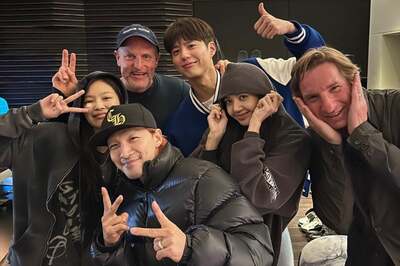
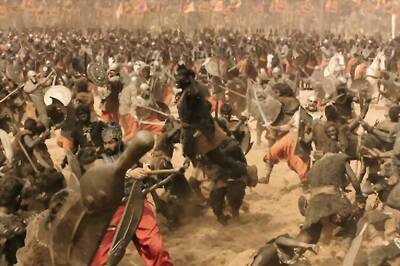

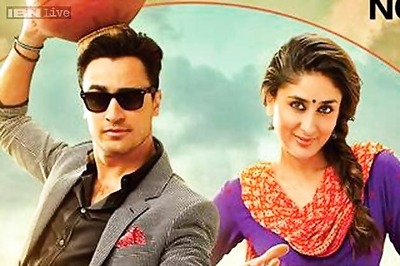

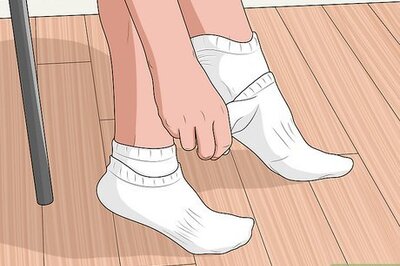
Comments
0 comment